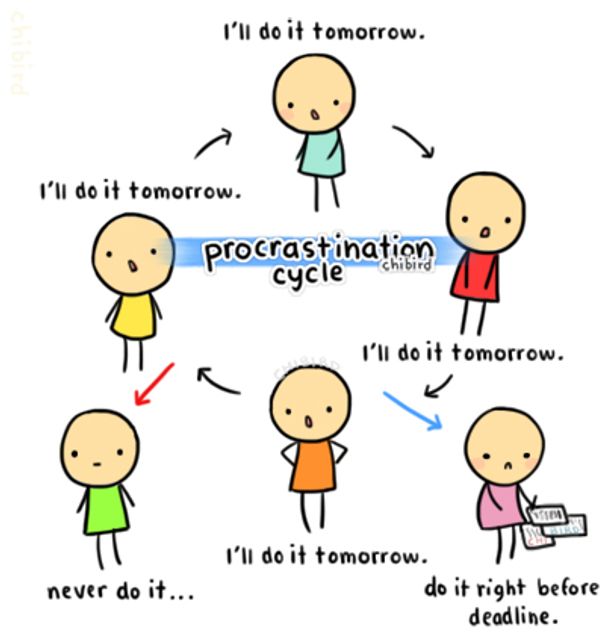The UK’s Worker Protection Act came into force last October; now is the time for all employers to act.
It comes as no surprise to me that workplace 'gaps' are not a good thing. It is something I have talked about for years. I'm therefore thankful that a huge amount of focus has (rightly) been placed on the negative impact of problems like the gender pay gap and equality gap. It seems that many employers still have much work to do in order to create truly diverse, balanced and meritocratic workplaces. In short, we are a long way from closing the gaps down, but at least the conversation has started in earnest.
Recent research has, however, identified another gap, that will add to employers' woes. The Centre for Labour and Social studies has, in its report Labour Market Realities: Workers On The Brink, found that British workers are becoming increasingly underpaid and overworked, with workers citing increased workloads, wage stagnation and fewer opportunities driving "alarming" levels of stress and dissatisfaction. This is in stark contrast to the picture the government paints of record levels of employment and a strong employment market. It is a classic example of a gap - two very different perspectives presenting a complex and troubling problem.
What does all this mean for employers? In a nutshell, engagement (and therefore productivity) is likely to suffer. The spotlight is shining on employers from all sectors to create fairer and more representative workplaces yet economic conditions are extremely challenging. The outcome (as is often the case) will be human collateral - our emotions at work and how we feel in our workplace environment is so critical to the extent that if difficult conditions which negatively impact upon morale and engagement are allowed to persist, it will quickly become a slippery slope.
It is the employer's job to tackle this head on and take appropriate steps to look after its people and nurture engagement as a precious thing. After all, happy people are better workers. To do this employers must focus on the human aspect of their workplaces - recognise that conditions are tough for many, demonstrate empathy and provide support to all those that need it. Being a good employer is no longer simply about results - it is much more about understanding the gaps that exist in its workplace and taking proactive action to address them. This is not a time to turn away from engagement but actively focus on how we can achieve it in a difficult and challenging economy. In other words, employers need to mind the gap!
The research by the Centre for Labour and Social Studies (CLASS) says Britain is becoming an increasingly overworked and underpaid nation, with nearly 80% of 2,000 people surveyed expecting to be poorer over the coming year as the cost of living crisis intensifies.
Related Articles

Junior lawyers wellbeing - this is a crisis issue

Stress Awareness Month - procrastination and self-compassion

Stress Awareness Month - be aware of the "I don't knows"


People Management: Summer party season - advice for employers
Head of Resolution Zoe Wigan writes on the best next steps if inappropriate behaviour occurs.


HR Magazine: Events manager files £250,000 lawsuit after botched summer party
When workplace events go wrong, the consequences can be serious. Zoe Wigan offers practical advice for HR teams on setting expectations, supporting managers, and creating safer, more inclusive social events.


People Management: HR must protect workplace investigators from the threat of vicarious trauma
Head of Resolution Zoe Wigan shares how to recognise and mitigate this risk for investigators of distressing subject matter.




